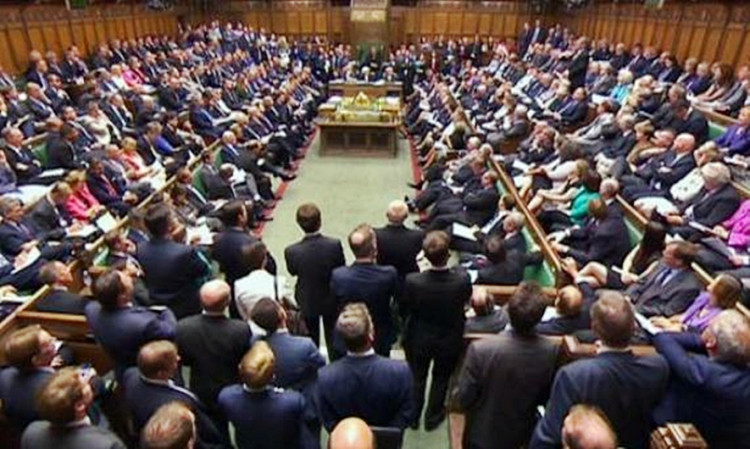Google, Facebook and Apple, and other online news platforms should be regulated in what they write and how they distribute news content and should do under the oversight of a government watchdog.
These startling recommendations, which verge on censorship, were made by the Cairncross Review, an independent report commissioned by Prime Minister Theresa May in 2018. The Cairncross Review is a report on the future of the UK news industry intended to provide government regulators with recommendations as regards the future of this industry.
It was undertaken by former journalist Dame Frances Cairncross. The report's recommendations are non-binding and will have to be considered by Mrs. May's government.
The report was commissioned to investigate the "sustainability of the production and distribution of high-quality journalism." It included contributions from journalists, academics, publishers, advertisers, and industry groups, said the BBC.
The report places inordinate emphasis on the trustworthiness of news sources, and the role of news providers in preventing the publication of fake news on their platforms.
"Government should place an obligation on the larger online platforms to improve how their users understand the origin of an article of news and the trustworthiness of its source, thereby helping readers identify what "good" or "quality" news looks like," said the now controversial report.
The report also said online platforms should be obligated to help their users better understand the origin of a news article and help them detect whether or not a news story is trustworthy.
In short, these platforms should do more to help readers spot fake news and "nudge people towards news of high quality."
To attain these aims, the report recommended the British government create a new state regulator called the "Institute for Public Interest News."
This state regulator should ensure tech firms take steps to help users identify trustworthy, reliable news on their platforms. It requires companies like Facebook and Google to identify and weed out fake content.
"This task is too important to leave entirely to the judgment of commercial entities," said the report.
Its recommendations include crafting measures that mitigate "the uneven balance of power" between news publishers and online platforms that distribute their content.
While recognizing online news providers have invested in security measures to eliminate false accounts and misinformation, the report said these efforts should be enforced by the state regulator. It also said news providers should sign a "code of conduct" to govern their commercial agreements with publishers.
"The experience of the last decade has shown that it is perfectly possible for social media platforms to be immensely profitable while simultaneously carrying a large quantity of fake news," according to the report.
The report's findings add weight to the case for tougher regulation, some might say censorship, of tech companies in the UK and across Europe.
The report also called on the UK's competition authority to investigate the online advertising industry dominated by tech firms to "ensure fair competition." Google and Facebook accounted for an 54 percent of online advertising revenue in the UK in 2017.
"The government must take steps to ensure the position of Google and Facebook does not do undue harm to publishers," according to the report.






